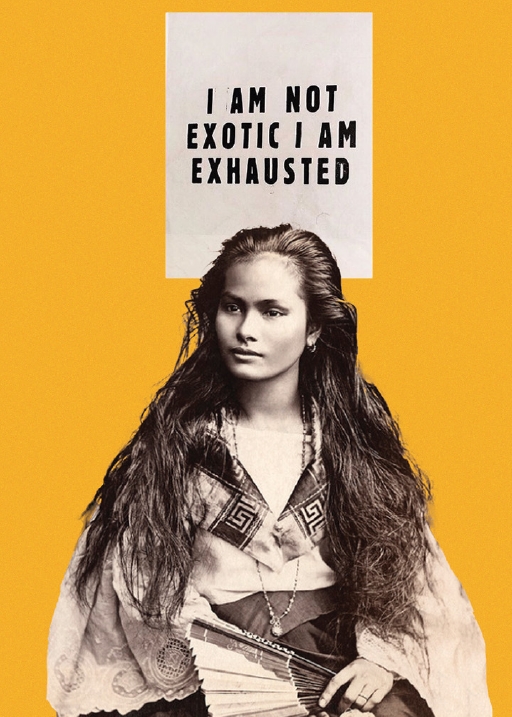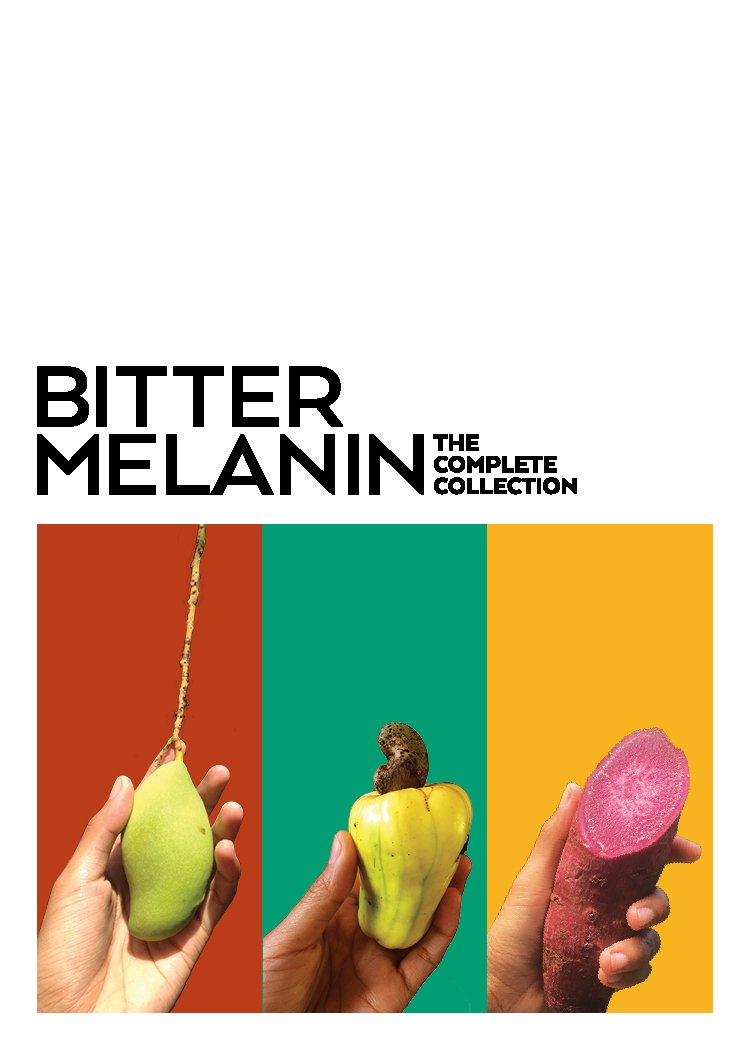
We were in a really hard place in our relationship when zine-making saved the day. It came to a point with my partner where, if something didn’t give, I needed to leave. I was exhausted — exhausted by the physical demands of new parenthood, by the isolation of living in a foreign place, and by the loneliness of being in a relationship where we weren’t able to communicate our needs or trust each other to hold a safe space.
My partner is a cis white straight male. I often felt insecure about not being perceived as “legitimately” queer, or as not into racialized partners. My partner’s fully British background didn’t help, nor did me being the only racialized person in his family. He felt like I was always setting him up to fail; that he alone was being asked to repair the centuries of intergenerational trauma caused by British colonialism, yet nothing he did could ever be enough; that he couldn’t himself call out my cruel, verbal abuse towards him.
So, there we were, feeling helpless and both drained from crying, when it occurred to us that maybe we were going about this the wrong way. Maybe taking flight, attempting co-parenting and sitting with unresolved feelings wasn’t the way we should end things. Could we find a way to wield a different perspective? We had an idea.
Zines have always been a medium I use to vent out injustices that I or the people I care about have experienced. I love the curation, the writing process, the creasing, and clandestinely using a photocopier that isn’t mine. But most of all, I love the knowledge exchange that happens as they are made and shared. The sense of empowerment for marginalized communities creating zines is unparalleled.
So, equipped with only our trust in zines, our combined talents and our fragile vulnerabilities, we embarked on a collaborative zine journey. We committed to using our zine and our shared process to build empathy and positivity, not only for ourselves but for our wonderful little human whom we love deeply. This project will likely the most important inheritance we offer our child, a tool towards embracing their mixed identities and building a holistic sense of justice. It’s a lofty, idealist goal, but we needed to start on the level of shared values, and that’s where we ended up.
 Next came everything else — difficult discussions (and, obviously, more tears), all nighters, conflicts in artistic visions and tons of anxiety. Sometimes we were left questioning whether or not we had simply dug ourselves a deeper hole. But digging deep is the only way I know how to work. (I think there’s some Pisces in my chart.)
Next came everything else — difficult discussions (and, obviously, more tears), all nighters, conflicts in artistic visions and tons of anxiety. Sometimes we were left questioning whether or not we had simply dug ourselves a deeper hole. But digging deep is the only way I know how to work. (I think there’s some Pisces in my chart.)
Eventually, the zines started taking shape, and it all seemed worth it. We’d struck the kind of complex gold that a superficial intersectional-identity-politik-pyrite only dreams of making, an iridescent glow that ripples and creates a community of support and encouragement.
Creating together has made us more open, humble, accountable, and we’ve grown more realistic with expectations of each other. As I mentioned before, it’s still a work in progress, and there’s more healing to do — but right now, it’s nice. Our decolonial work is also beginning to incorporate members of our chosen family in this creation journey. A dear artist friend, Roland (RJ) Jones, collaborated with me on guiding intimate, alternative tours through a queer art exhibit at the OAG during Canzine Ottawa. It was so cathartic and liberating to offer visitors our own knowledge and lived experiences as critical insights.
But that’s only the beginning. We’re planning more decolonial, solidarity-building in the near future. Stay tuned.
Adrienne (Andi) Vicente is a queer, second generation Filipinx artist based on unceded Algonquin Territory (Ottawa). At their day job, they support newcomers and migrants with precarious status in particular. They are a full spectrum doula and sit on the boards of Kind Space, Planned Parenthood Ottawa and The Ottawa Birth and Wellness Centre. They produce the serial zine Bitter Melanin. Follow them on Instagram at @andivice.
